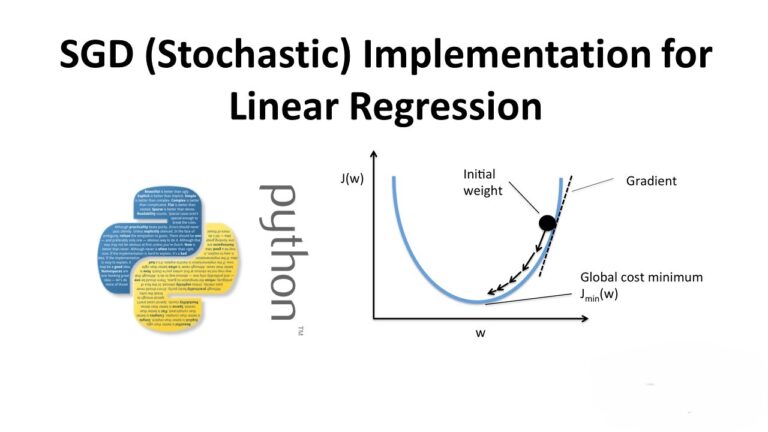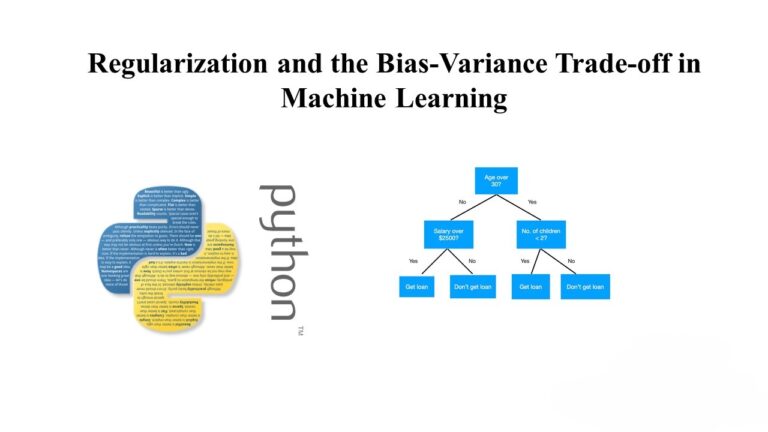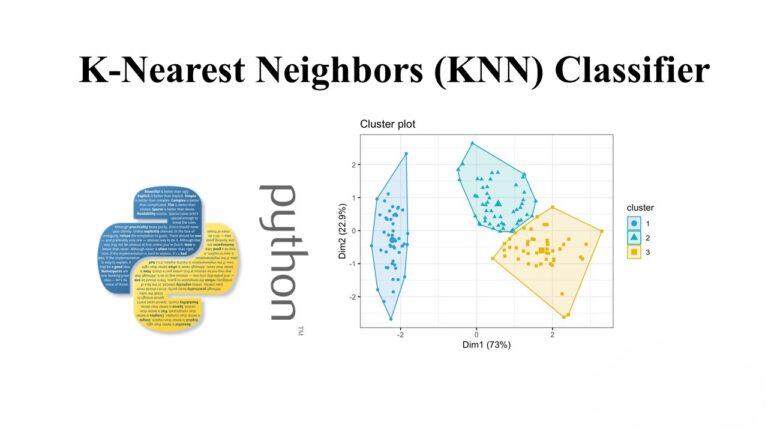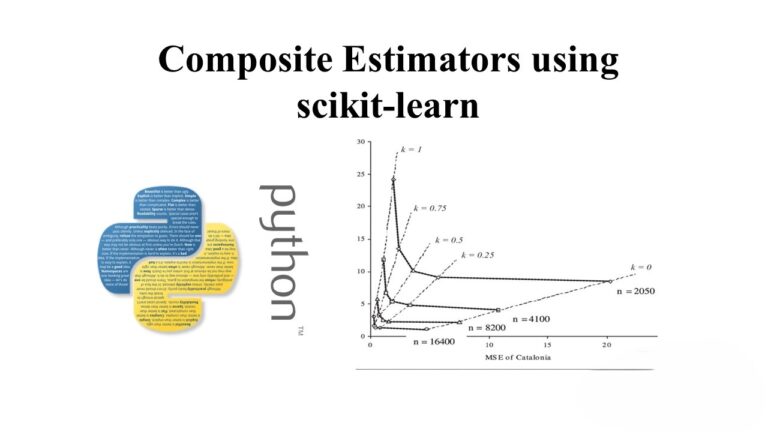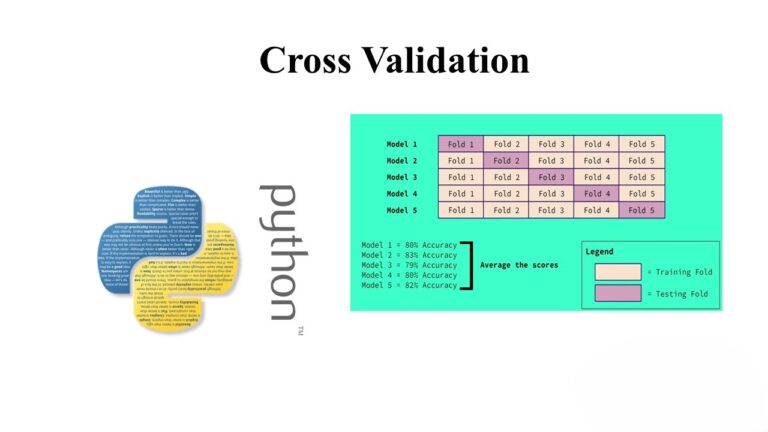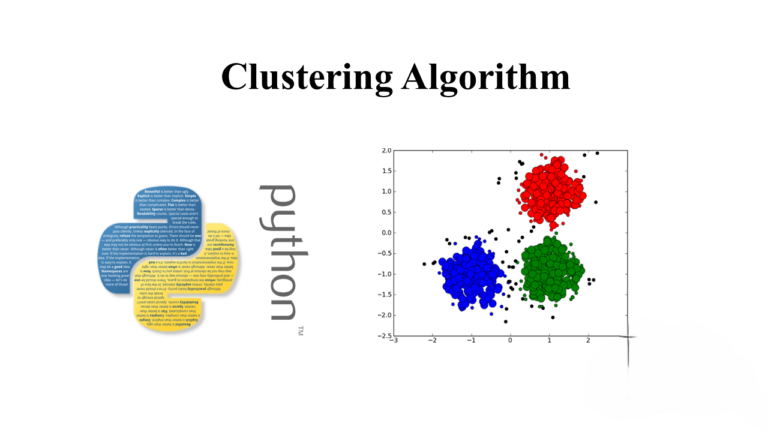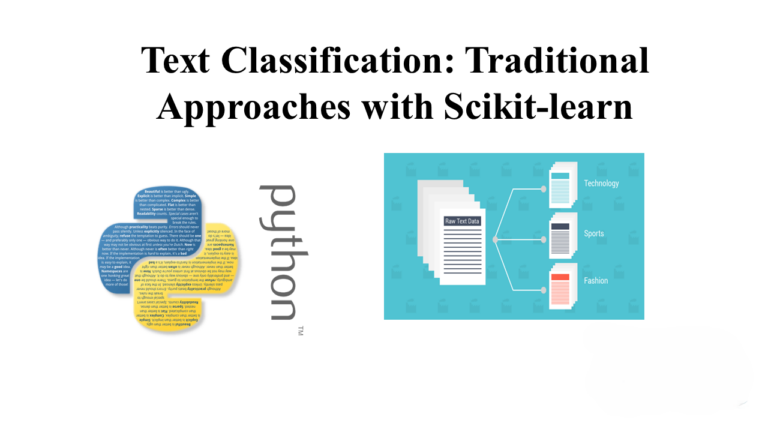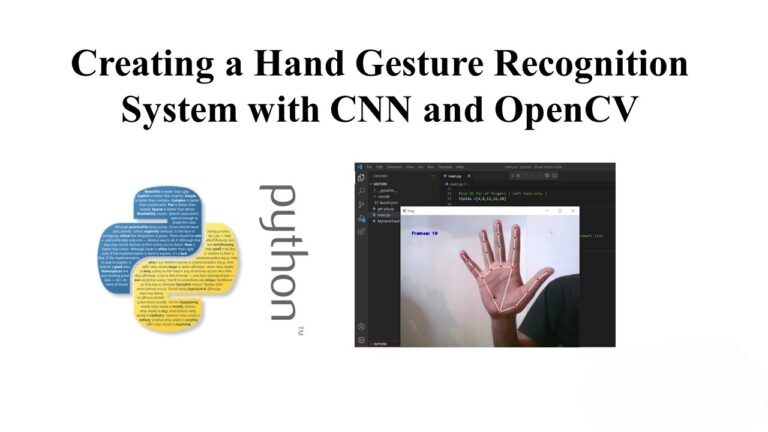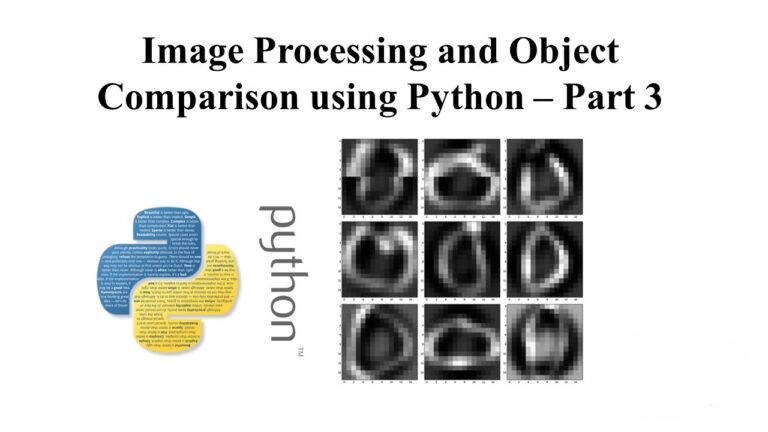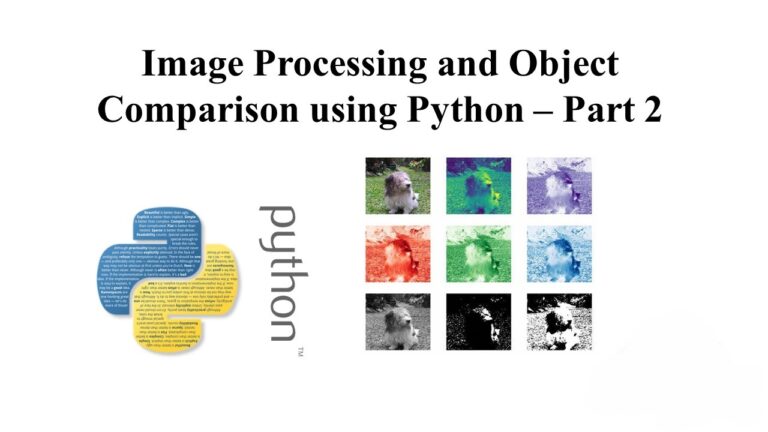Custom SGD (Stochastic) Implementation for Linear Regression on Boston House Dataset
In this post, we’ll explore the implementation of Stochastic Gradient Descent (SGD) for Linear Regression on the Boston House dataset. We’ll compare our custom implementation with the SGD implementation provided by the popular machine learning library, scikit-learn. Importing Libraries Data Loading and Preprocessing We load the Boston House dataset, standardize the data, and split it…

